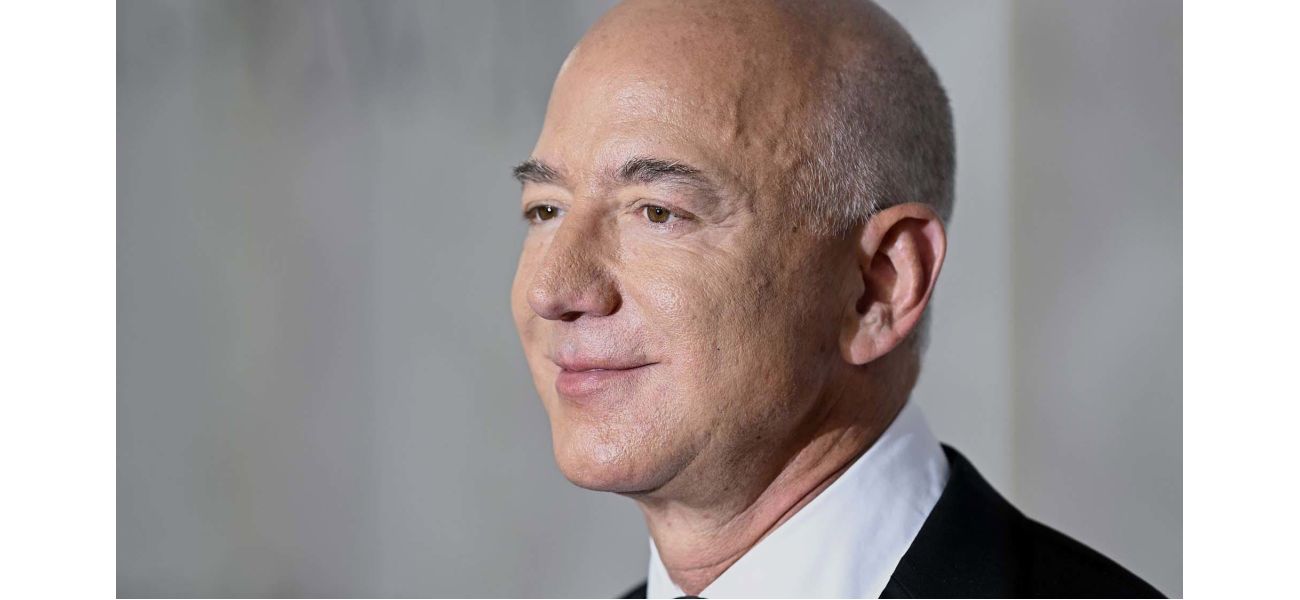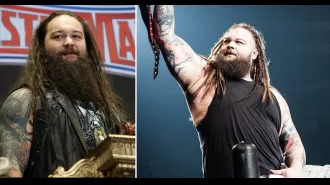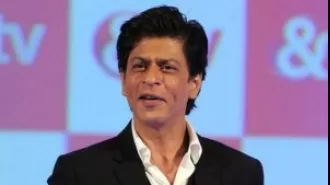Bezos defends decision not to endorse in Washington Post, despite backlash from subscribers and staff departures.
Jeff Bezos, owner of The Washington Post, defended his decision to not endorse a presidential candidate in a rare op-ed.
October 29th 2024.

In his first public statement since causing controversy over the Washington Post's decision not to endorse a presidential candidate, owner Jeff Bezos has defended the move in a rare op-ed published by the newspaper. The billionaire Amazon founder clarified that presidential endorsements hold no sway over elections and only serve to create the perception of bias. Therefore, ending them is a principled decision and the right thing to do.
Bezos' statement came after three members of the Post's editorial board resigned and thousands of readers cancelled their subscriptions in protest of the decision. There has also been criticism from high-profile staff members and questions about the timing and reasoning behind the eleventh-hour decision. Some, including former Post executive editor Marty Baron, have called it a cowardly attempt to appease former President Donald Trump in case he wins the election.
According to sources, an endorsement of Vice President Kamala Harris had already been drafted by the editorial board before it was cancelled by Bezos. In hindsight, Bezos admits that the decision not to endorse could have been made earlier, but it was not a strategic move. He also denied any quid pro quo with Trump, stating that he had no prior knowledge of the meeting between the former President and Blue Origin executives.
Bezos acknowledged the appearance of conflict due to his involvement with Amazon and Blue Origin, but stressed that his immense wealth is actually a protection against political intimidation. He also emphasized that he has not interfered in the Post's affairs since purchasing the publication 11 years ago. However, he also made it clear that he will not allow the newspaper to fade into irrelevance and will continue to fight for its importance in today's media landscape.
Despite Bezos' reassurances, there has been widespread backlash and turmoil within the Post, with notable figures like Carl Bernstein and Bob Woodward publicly criticizing the decision. Nearly two dozen columnists have also signed an open statement expressing their disappointment and calling it a departure from the newspaper's fundamental principles.
David Hoffman, a Pulitzer Prize winner for his editorial writing, has resigned from his position on the editorial board in order to speak out against the threat that Trump poses to the country. He believes that remaining silent would be a disservice to the public, especially during such a crucial election. Similarly, former editor Marty Baron has questioned the Post's claim that ending presidential endorsements is a matter of principle, stating that if they truly believe in letting readers make up their own minds, then they should stop publishing editorials altogether.
In the end, the decision not to endorse a candidate has caused quite a stir within the Washington Post and the journalism community as a whole. While Bezos maintains that it was a principled decision, others have raised doubts and expressed disappointment. Only time will tell the impact of this move on the newspaper and its readers.
Bezos' statement came after three members of the Post's editorial board resigned and thousands of readers cancelled their subscriptions in protest of the decision. There has also been criticism from high-profile staff members and questions about the timing and reasoning behind the eleventh-hour decision. Some, including former Post executive editor Marty Baron, have called it a cowardly attempt to appease former President Donald Trump in case he wins the election.
According to sources, an endorsement of Vice President Kamala Harris had already been drafted by the editorial board before it was cancelled by Bezos. In hindsight, Bezos admits that the decision not to endorse could have been made earlier, but it was not a strategic move. He also denied any quid pro quo with Trump, stating that he had no prior knowledge of the meeting between the former President and Blue Origin executives.
Bezos acknowledged the appearance of conflict due to his involvement with Amazon and Blue Origin, but stressed that his immense wealth is actually a protection against political intimidation. He also emphasized that he has not interfered in the Post's affairs since purchasing the publication 11 years ago. However, he also made it clear that he will not allow the newspaper to fade into irrelevance and will continue to fight for its importance in today's media landscape.
Despite Bezos' reassurances, there has been widespread backlash and turmoil within the Post, with notable figures like Carl Bernstein and Bob Woodward publicly criticizing the decision. Nearly two dozen columnists have also signed an open statement expressing their disappointment and calling it a departure from the newspaper's fundamental principles.
David Hoffman, a Pulitzer Prize winner for his editorial writing, has resigned from his position on the editorial board in order to speak out against the threat that Trump poses to the country. He believes that remaining silent would be a disservice to the public, especially during such a crucial election. Similarly, former editor Marty Baron has questioned the Post's claim that ending presidential endorsements is a matter of principle, stating that if they truly believe in letting readers make up their own minds, then they should stop publishing editorials altogether.
In the end, the decision not to endorse a candidate has caused quite a stir within the Washington Post and the journalism community as a whole. While Bezos maintains that it was a principled decision, others have raised doubts and expressed disappointment. Only time will tell the impact of this move on the newspaper and its readers.
[This article has been trending online recently and has been generated with AI. Your feed is customized.]
[Generative AI is experimental.]
0
0
Submit Comment





